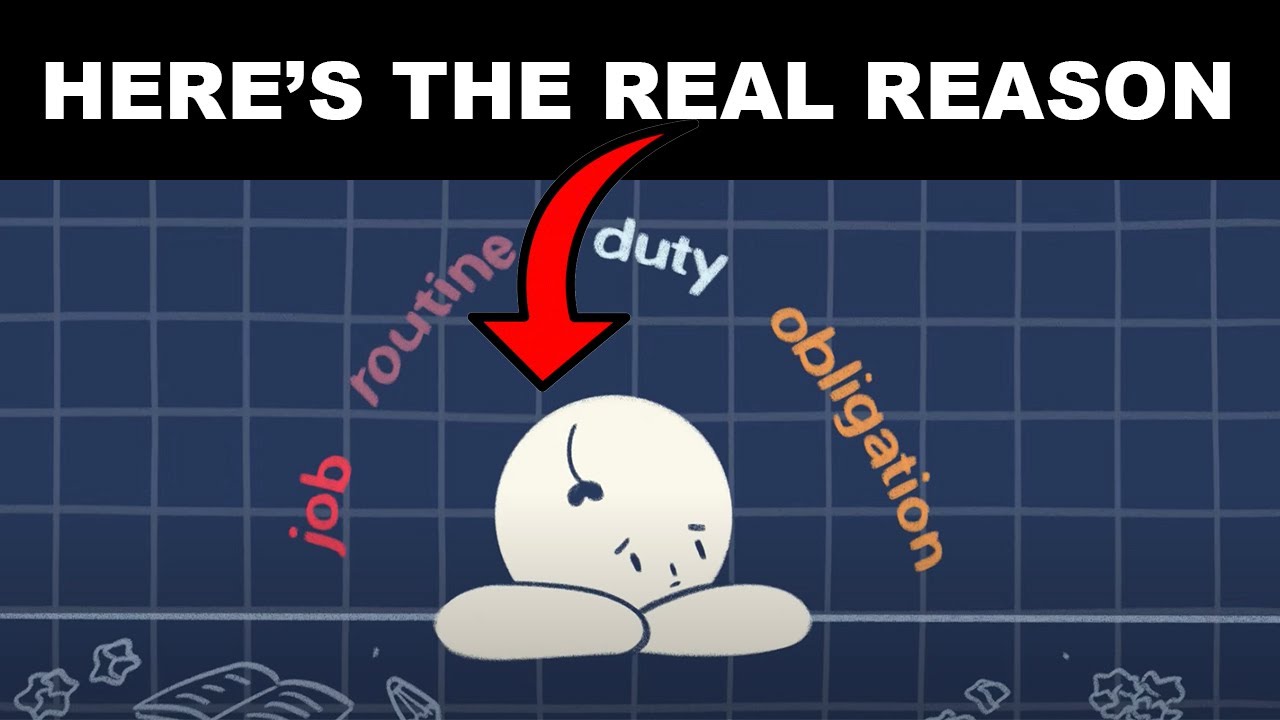Understanding Emotional Burnout
In today’s fast-paced world, emotional burnout has become an increasingly common phenomenon. It can affect anyone, regardless of their profession or personal circumstances. Understanding what emotional burnout is and how to recognize its signs is the first step toward overcoming it.
What is Emotional Burnout?
Emotional burnout refers to a state of physical, emotional, and mental exhaustion caused by prolonged and excessive stress. It often results from feeling overwhelmed and unable to meet constant demands, leading to a depletion of energy and motivation.
Signs and Symptoms of Emotional Burnout
Recognizing the signs of emotional burnout is crucial for timely intervention. Here are some common symptoms:
- Chronic Fatigue: A persistent sense of exhaustion that doesn’t improve with rest.
- Detachment: A feeling of emotional distance from work or personal relationships.
- Reduced Performance: A decline in productivity and efficiency in daily tasks.
- Increased Cynicism: A negative outlook towards work, colleagues, or life in general.
- Physical Symptoms: Headaches, stomach issues, or other unexplained physical ailments.
Causes of Emotional Burnout
Understanding the underlying causes of emotional burnout can help individuals take proactive steps to prevent it. Here are some common contributors:
- Workplace Stress: High demands, long hours, and lack of control can lead to burnout.
- Personal Relationships: Toxic relationships or lack of support can exacerbate feelings of burnout.
- Perfectionism: Setting unrealistically high standards for oneself can create stress and anxiety.
- Life Changes: Major life transitions, such as moving, changing jobs, or having children, can increase stress levels.
- Lack of Work-Life Balance: Difficulty separating personal and professional life can lead to exhaustion.
How to Recognize Emotional Burnout
Being able to identify emotional burnout early can significantly aid in the recovery process. Here are some effective strategies:
Self-Reflection
Take time to reflect on your feelings and behaviors. Ask yourself:
- Am I feeling more irritable than usual?
- Do I find it hard to enjoy activities that I once loved?
- Am I experiencing constant fatigue even after resting?
Seek Feedback
Sometimes, we are not the best judges of our emotional state. Seeking feedback from trusted friends, family, or colleagues can provide insight into your behavior and emotional well-being.
Monitor Your Physical Health
Emotional burnout often manifests physically. Pay attention to:
- Changes in appetite or sleep patterns.
- Frequent headaches or gastrointestinal issues.
- Any persistent fatigue that doesn’t seem to go away.
Strategies to Overcome Emotional Burnout
Once you recognize that you are experiencing emotional burnout, it’s essential to take action. Here are some strategies that can help:
Establish Boundaries
Setting clear boundaries between work and personal life is crucial. Here are some tips:
- Limit Work Hours: Set a specific time to end work each day.
- Say No: Learn to decline additional responsibilities that you cannot handle.
- Unplug: Take regular breaks from technology to recharge mentally.
Practice Self-Care
Prioritizing self-care is vital for emotional recovery. Here are some self-care practices to consider:
- Physical Activity: Regular exercise can boost your mood and energy levels.
- Mindfulness: Techniques such as meditation or yoga can help calm your mind.
- Healthy Eating: A balanced diet can improve your overall well-being.
- Quality Sleep: Aim for 7-9 hours of sleep each night to support mental health.
Seek Professional Help
If burnout becomes overwhelming, seeking help from a mental health professional can provide the support needed. Therapists can offer coping strategies and techniques to manage stress effectively.
The Role of Support Systems
A strong support system can be instrumental in overcoming emotional burnout. Here are ways to strengthen your support network:
Connect with Friends and Family
Reach out to loved ones and share your feelings. Having open conversations can alleviate feelings of isolation and provide emotional relief.
Join Support Groups
Consider joining support groups, either in-person or online. These groups allow individuals to share experiences and coping strategies, fostering a sense of community.
Long-Term Strategies for Prevention
To prevent emotional burnout from recurring, it’s essential to adopt long-term strategies. Here are some practices to incorporate into your daily life:
Continuous Self-Assessment
Regularly assess your emotional health. Ask yourself:
- Am I feeling overwhelmed?
- Do I need to adjust my commitments?
- How can I better balance my responsibilities?
Foster Resilience
Building resilience can help you bounce back from stress. Consider the following:
- Stay Positive: Focus on positive aspects of your life and practice gratitude.
- Embrace Change: Be open to change and adapt as necessary.
- Develop Problem-Solving Skills: Work on improving your ability to tackle challenges head-on.
Maintain a Balanced Lifestyle
Strive for a balanced lifestyle that includes:
- Work: Stay engaged but avoid overcommitting.
- Leisure: Make time for hobbies and activities that bring you joy.
- Social Interaction: Nurture relationships that provide support and positivity.
Conclusion
In conclusion, emotional burnout is a serious condition that can impact various aspects of life. Recognizing the signs, understanding the causes, and implementing effective strategies are crucial steps in overcoming and preventing burnout. By prioritizing self-care, establishing boundaries, and fostering a supportive network, individuals can reclaim their emotional well-being and lead fulfilling lives.
Remember, it’s important to take burnout seriously. If you or someone you know is struggling, do not hesitate to seek help. Together, we can create a healthier, more balanced approach to life and work.



